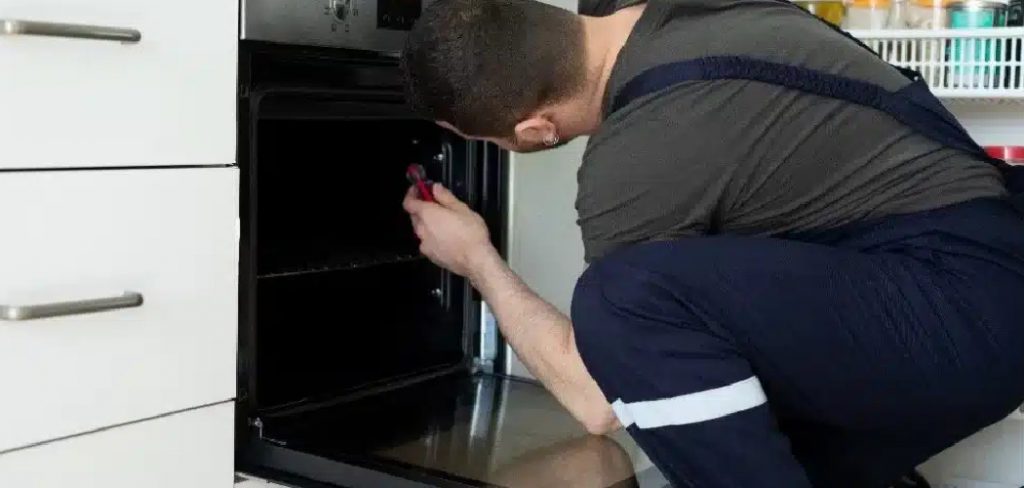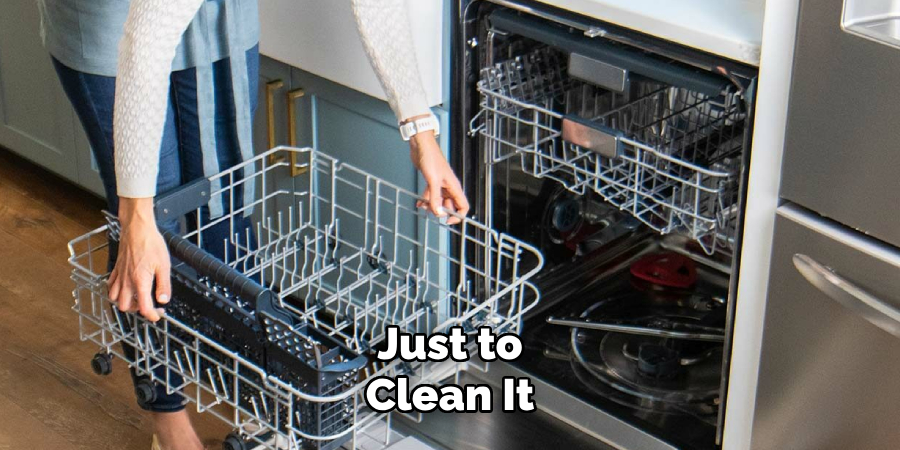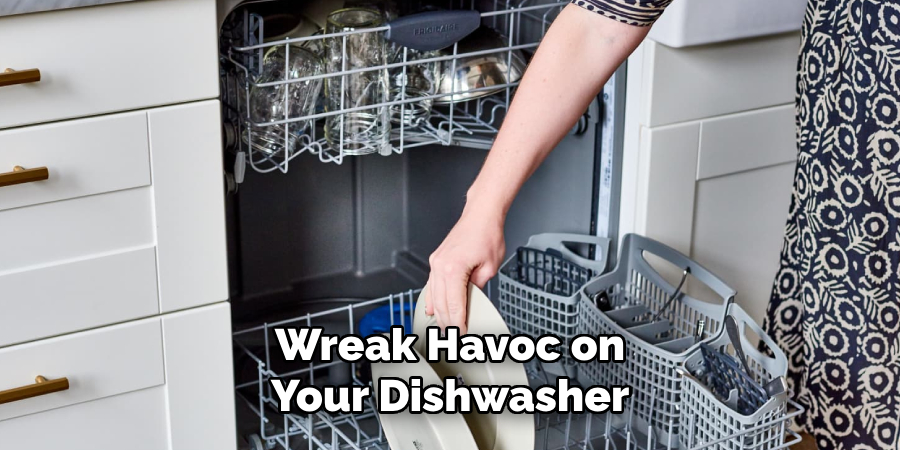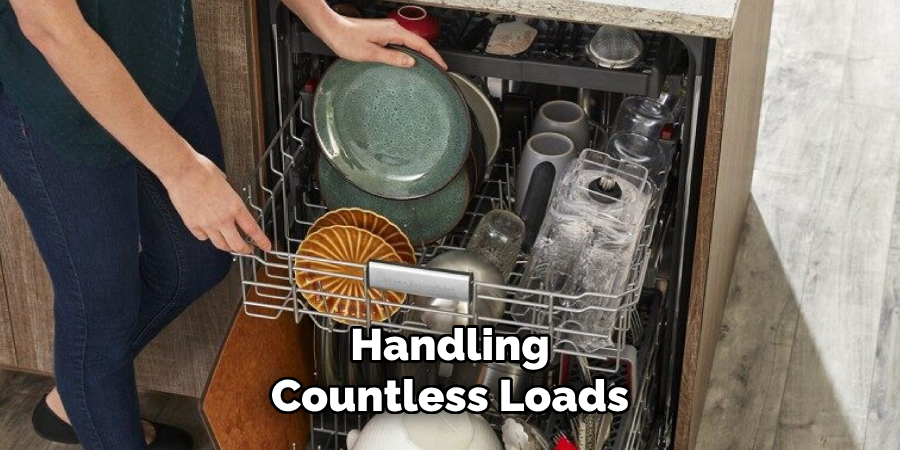When it comes to household appliances, dishwashers are often considered one of the most reliable and time-saving devices. However, like any machine, they are not indestructible. Improper use, neglect, or accidental misuse can lead to malfunction or even

complete breakdown. This guide explores some common mistakes and actions on how to break a dishwasher, helping you understand what to avoid to keep your appliance running smoothly.
Why Break a Dishwasher?
While breaking a dishwasher might sound like an odd objective, there are various scenarios where this might become relevant. Perhaps the appliance is old and beyond repair, and breaking it intentionally provides an excuse to replace it with a more efficient model. Alternatively, understanding how dishwashers can be damaged could serve as a cautionary exercise, helping you recognize bad habits that might inadvertently shorten the life of your machine. Another perspective might involve experimenting or repurposing the appliance for creative projects. Regardless of the reason, knowing the potential pitfalls can either help you avoid them or make an intentional decision with full knowledge of the consequences.
10 Ways How to Break a Dishwasher
Have you ever wondered what it takes to destroy one of the hardest-working appliances in your home? Your dishwasher saves you time, effort, and water, but improper use can send it to an early grave. Whether you’re genuinely curious or just prone to common mistakes at home, this list will show you exactly how to treat your dishwasher poorly—and, more importantly, how to avoid these pitfalls if you’d prefer it to last!
1. Overload it with dishes
Want your dishwasher to give up quickly? Pack it to the brim with plates, glasses, and cutlery. Jamming items in blocks the detergent from circulating properly and prevents water from reaching all surfaces. This forces the machine to work overtime, wearing out its components.
What to do instead: Load dishes neatly and leave space between items for water to move freely. Your dishwasher (and your dishes) will thank you.
2. Use the wrong detergent
Thinking of using regular dish soap instead of dishwasher detergent? Foamy suds will overflow out of your machine, clogging the internal parts and creating a messy disaster. Bonus points if you reuse detergent pods meant for regular laundry!

What to do instead: Stick to detergents specifically designed for dishwashers. Ingredients matter—a lot.
3. Skip pre-cleaning entirely
Leaving food scraps and grease on your dishes is an excellent way to ruin a dishwasher. Residue clogs filters and sprayers, adding strain to the motor and pipes while decreasing cleaning efficiency.
What to do instead: Scrape food debris off your plates before loading. You don’t need to rinse them perfectly (modern dishwashers can handle a bit of residue), but chunks of leftover pasta? Not so much.
4. Ignore the filters
If you want your dishwasher to pack it in quicker, completely neglect its filters. Clogged filters force the motor to work harder, reducing lifespan and increasing the chances of a permanent breakdown.
What to do instead: Check and clean your dishwasher filters every week or two, especially if you use it frequently. Keeping them free of grime is crucial.
5. Wash non-dishwasher-safe items
Throw hand-wash-only items—like wooden utensils, fine china, or cast iron pans—into the machine. These materials can warp, break, or rust easily, causing debris to circulate and damage your dishwasher’s interior.
What to do instead: Read the care instructions on your cookware and utensils. If something says “hand wash only,” trust it.
6. Run it while it’s empty
Running an empty dishwasher “just to clean it” uses unnecessary resources and risks burning out the pump. Machines rely on being loaded correctly to operate with the right flow and pressure.

What to do instead: Use specific dishwasher cleaners during a loaded cycle to clean your machine effectively without waste.
7. Regularly overload the detergent dispenser
If some detergent is good, a lot must be better, right? Wrong. Caking the dispenser with too much detergent leads to buildup, clogs, and damage. It also leaves soap residue on your dishes and inside the machine.
What to do instead: Measure the amount of detergent you’re using. Follow the manufacturer’s recommendations for a sparkling clean and a longer-lasting appliance.
8. Ignore odd sounds or leaks
Your dishwasher making strange grinding noises? Water pooling at its base? Ignore it and keep running cycles on repeat! This is a surefire way to aggravate existing problems.
What to do instead: Address issues right away by inspecting seals, hoses, and internal mechanisms. If you’re not comfortable fixing it yourself, call a trusted professional to check your appliance.
9. Forget to check water hardness levels
Hard water deposits can wreak havoc on your dishwasher, leaving behind mineral buildup in the pipes and deteriorating the machine over time. Want to speed up the destruction? Never test or treat hard water.

What to do instead: Invest in a water softener or use dishwashing products designed for hard water. Running vinegar through a cycle now and then can also dissolve deposits.
10. Slam the door repeatedly
Repeatedly slamming the dishwasher door—or leaning on it excessively—will wear down its hinges and seals, causing misalignment that could lead to leaks and major malfunctions.
What to do instead: Practice gentle handling. Close and latch the door carefully to maintain its alignment and extend its usability.
Treat Your Dishwasher Right
Your dishwasher is a household hero, handling countless loads of dirty dishes with ease. However, bad habits can drastically shorten its lifespan. Whether you’re a DIY enthusiast or simply a homeowner looking to better maintain your appliance, avoid these mistakes to keep your dishwasher running smoothly for years.

Looking for more practical tips and easy-to-follow maintenance guides? Sign up for our updates and never miss an invaluable home care tip again!
Preventative Measures
To ensure your dishwasher remains in top-notch condition for years to come, implementing a few preventative measures can make all the difference. Here are some key steps to take:
- Run maintenance cycles regularly: Use a dishwasher cleaner or a cup of white vinegar on an empty cycle once a month to remove buildup, odors, and hidden grime.
- Inspect seals and gaskets: Keep an eye on the rubber seals around the door. Wipe them down frequently to prevent mold or mildew and ensure they’re not cracked or deteriorating.
- Avoid overuse: While modern dishwashers are built for frequent use, try not to run half-empty cycles unnecessarily. This reduces wear on the motor and saves water and energy.
- Monitor the spray arms: Check that the spray arms are rotating freely and clean their holes periodically to remove blockages caused by accumulated food particles or mineral deposits.
- Ensure proper installation: If moving into a new home or replacing your existing dishwasher, hire a professional or follow manufacturer guidelines to install the machine correctly. Proper leveling and secure hose connections are critical to avoiding leaks and operational problems.
By incorporating these preventative steps into your routine, you can greatly extend your dishwasher’s lifespan and enjoy consistent, hassle-free performance for the long haul.
Safety Considerations
While maintaining and using your dishwasher, it’s essential to prioritize safety for both you and your appliance. Here are some important safety tips to keep in mind:
- Avoid overloading electrical outlets: Make sure your dishwasher is connected to a dedicated circuit to prevent electrical overloads, which could lead to fires or damage to the machine.
- Turn off the power before repairs: If you need to inspect or repair your dishwasher, always turn off the power at the circuit breaker to avoid electric shock.
- Be cautious with sharp utensils: When loading and unloading knives or other sharp objects, handle them carefully and point them downward to reduce the risk of injury.
- Keep children away: Ensure children do not play near the dishwasher, especially when it’s running. Teach them not to handle detergent, which can be harmful if ingested.
- Use the correct detergent: Only use specific dishwasher detergent. Regular dish soap can create excess suds, risking damage and potential flooding.
- Check for leaks promptly: If you notice water pooling around your dishwasher, address it immediately to prevent slip hazards and water damage.
- Inspect cords and hoses regularly: Worn or frayed electrical cords and leaking hoses can pose safety risks. Replace them as needed to maintain secure operation.
- Don’t leave it unattended: Although modern dishwashers are designed to be safe, it’s still a good practice to avoid running cycles when you’re not home, minimizing risks in case of malfunctions or leaks.
By adhering to these safety considerations, you ensure not only the longevity of your dishwasher but also the safety and well-being of your household.
Conclusion
Proper care and maintenance of your dishwasher not only extends its lifespan but also ensures peak performance, saving you time, energy, and money in the long run. By avoiding common mistakes, implementing preventative measures, and prioritizing safety, you can enjoy the convenience and efficiency of your appliance for years to come. Treating your dishwasher right is a small but impactful way to protect your investment while keeping your kitchen running smoothly. So, there you have it – a quick and easy guide on how to break a dishwasher.
Professional Focus
Angela Ervin, a former interior designer turned blogger, specializes in kitchen design and renovations. Through her website, she blends her passion for cooking with design expertise, sharing practical and creative ideas. Known for balancing functionality and beauty, Angela’s insightful content has made her a trusted voice in home design and lifestyle.
About the Author
Angela Ervin, an experienced interior designer and blogger, combines her passion for kitchen renovations with storytelling. Living in Petersburg with her family, she enjoys cooking and testing her projects firsthand. Known for her humor and relatable style, Angela shares creative, functional design insights through her content, making her a trusted voice in home design.
Education History
University: Virginia Commonwealth University
Degree: Bachelor of Fine Arts (BFA) in Interior Design
- Angela’s education at VCU focused on mastering core interior design principles, including spatial planning, color theory, materials selection, and sustainable design practices.
- She gained hands-on experience through studio projects and collaborative design exercises, which honed her ability to create functional and aesthetically pleasing environments.
- Her coursework also emphasized problem-solving and practical applications of design, preparing her for real-world projects like her self-directed kitchen renovations.
- The program’s strong foundation in both technical skills and creative expression shaped Angela’s ability to seamlessly integrate form and function in her work.
